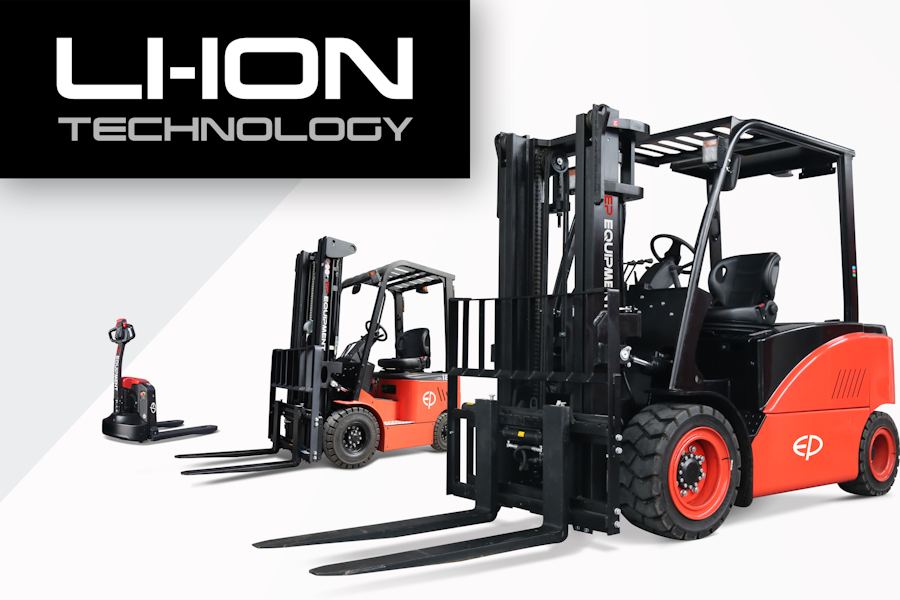News
PHL Forklifts Invests in Lithium-ion Technology

First adopted in the early 1990s, lithium-ion is the fastest growing and most promising battery technology. While lithium-ion batteries have taken over the industry of computing and portable devices, it has yet to have a similar impact on industrial equipment and vehicles. However, due to recent advances, the technology has unrivalled potential for widespread use. This presents a compelling case for investing early in lithium-ion for the forklift industry.
What are the benefits of lithium-ion batteries?
There are several advantages to this technology over older types of battery. Firstly, lithium-ion batteries provide a much higher energy density compared to other types of battery. This means that less mass is needed to provide the same level of power. Another aspect of lithium-ion batteries is that they do not need a prolonged period of priming on first use. They come ready to go straight from the factory. A common theme when talking about lithium-ion batteries is the low amount of maintenance required; no periodic discharge is needed and, unlike lead-acid batteries, there is no 'memory effect' present. Furthermore, the batteries retain their charge for longer periods compared to other battery types.Applied to the industry of industrial vehicles and especially forklift trucks, lithium-ion offers numerous advantages compared to traditional lead-acid batteries:· there are no continuous maintenance routines typical of operating lead-acid batteries. Although traditional battery technology is more mature and refined than lithium-ion, progress in areas such as efficiency has stagnated due to the limiting factors of the chemical reactions involved.· while lead-acid batteries may be cheaper to purchase than lithium-ion ones, the lower maintenance required, longer battery lifespan and streamlined ease-of-use allow for the batteries to be better value in the long run.· lithium batteries last much longer than lead-acid ones, holding their value much more and could even be considered long-term investments. Savings over a longer duration of time will be apparent and the industry will move over to the more affordable lithium-ion solutions.· warehouses operating lithium-ion-powered forklifts will benefit from the shorter time spent by staff maintaining forklift batteries, plus less expenditure on charging.
What is PHL’s role in the lithium-ion industry?
PHL has been involved with electric forklift trucks for over 30 years and we have extensive experience in dealing with traction batteries on our trucks. Lately, we have seen a large rise in demand for trucks equipped with lithium-ion technology as the batteries have had substantial increases in energy density over recent years.PHL has invested significantly in our lithium-ion battery inventory to ensure we have enough stock to meet future demand. We're also working on new projects to increase adoption, such as retro-fitting our existing stock of forklifts - primarily lead-acid battery-powered vehicles - to use the new lithium-ion technology.Perhaps the most ambitious aim for this project is to change the mindsets of our customers' views on lithium-ion technology. To establish confidence in our customers' minds, we aim to prove lithium-ion has a future use in industrial vehicles; a future that allows for more efficient, innovative vehicles that will ultimately benefit our customers. As the recent COVID-19 outbreak has taught us, forklift trucks are essential to supply chain worldwide. There is a societal incentive to introduce paradigm shifts for more efficient and less labour-intensive industrial vehicles.Ultimately, at PHL we want to reduce the time it takes to achieve that future.
Subscribe
Keep up to date with PHL and all things forklift machinery.